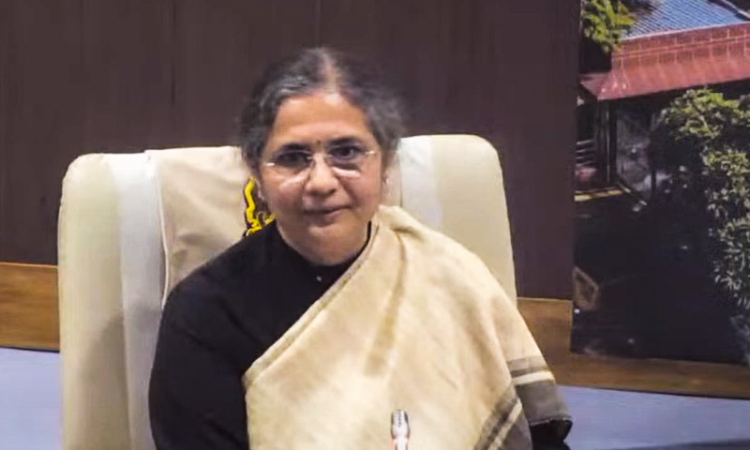A Democratic Society Expects Equal Representation Of Women In Judiciary : Justice Bela Trivedi
Sohini Chowdhury
11 March 2022 8:49 AM IST

Next Story
11 March 2022 8:49 AM IST
On Thursday, the Supreme Court commemorated the first ever 'International Day of Women Judges'. The event was organised pursuant to the resolution presented by Qatar before the United Nations General Assembly, whereby member states were called upon to celebrate the full and equal participation of women at all levels of the judiciary on the 10th of March every years, as it was resolved to...
